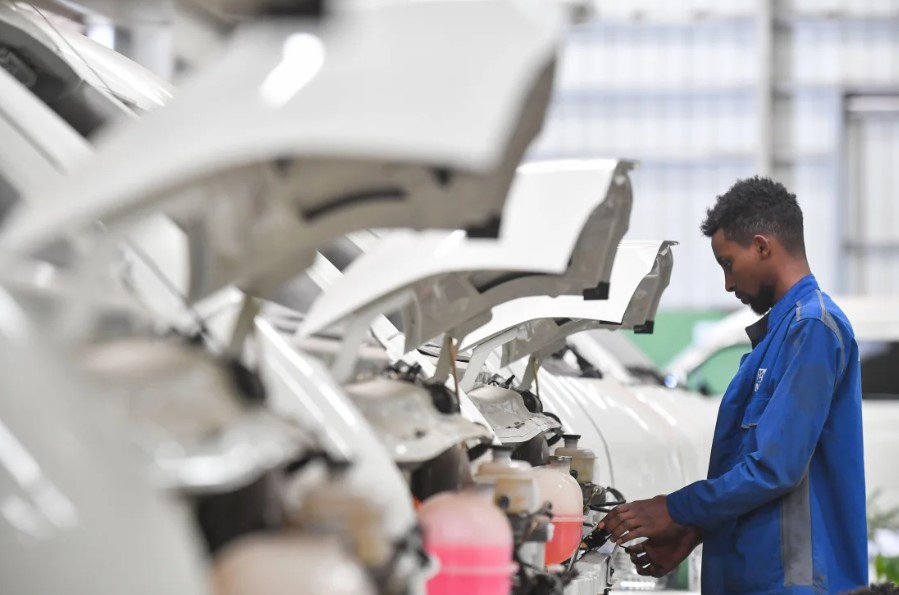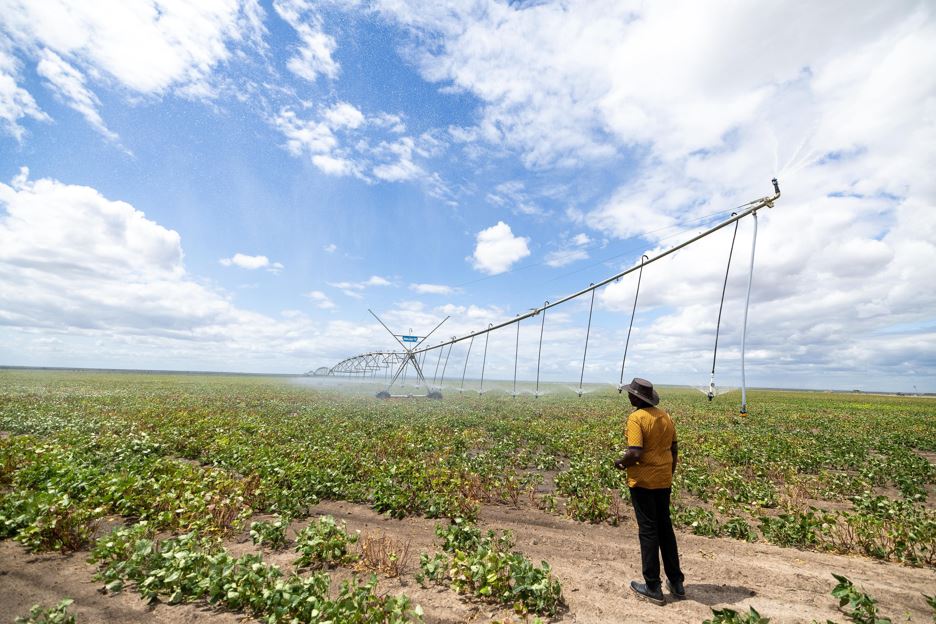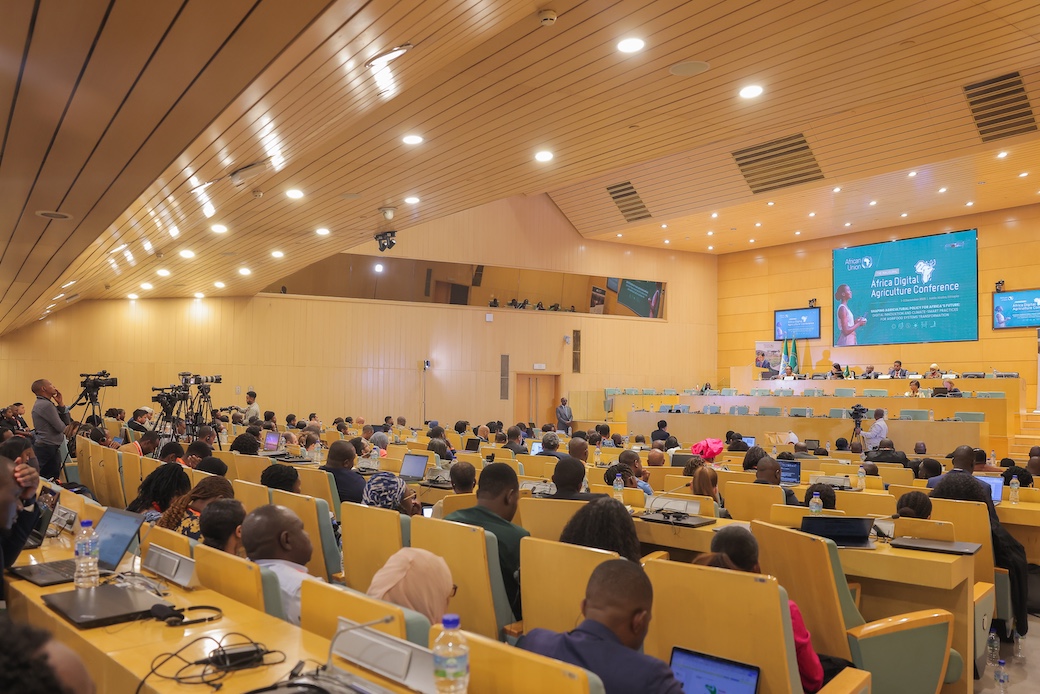Ethiopia bans fuel vehicles for foreign diplomats

The letter, addressed to diplomatic missions, international, and regional organisations in Ethiopia, emphasised the country's commitment to combating climate change as the key motivation behind the decision.
The Ethiopian government has barred foreign diplomatic missions from importing vehicles powered by internal combustion engines, according to a notice issued by the country's Ministry of Foreign Affairs on Monday.
This initiative is part of Ethiopia's efforts to cut down emissions from the transportation sector and accelerate the nation's shift towards green energy.
More To Read
- How Kenya’s growing taste for luxury is rewriting motor vehicle industry, jobs
- Sulfur-based batteries could offer electric vehicles a greener, longer-range option
- Epra boosts Kenya’s EV revolution by removing charging cap
- Mombasa electric bus firm suspends operations after staff threatened
- Kenya rolls out first intercity electric matatus in major green transport push
- Rwandan capital Kigali introduces modern road cleaning technology
The letter, addressed to diplomatic missions, international, and regional organisations in Ethiopia, emphasised the country's commitment to combating climate change as the key motivation behind the decision.
"The Ministry wishes to inform all Diplomatic and Consular Missions, Regional and International Organisations in Addis Ababa that in light of the pressing challenges posed by climate change and Ethiopia's commitment to contribute to emission reduction and transition to renewable energy, the importation of vehicles using fuels (petrol and diesel) for internal combustion engines is prohibited," reads the letter dated August 19.
It further stated, "All those with diplomatic privileges are required to continue importing only electric vehicles as per the direction enforced for duty-free importation of vehicles."
This policy follows Ethiopia's decision in February to ban the import of non-electric vehicles, making it the first country in the world to completely prohibit the import of internal combustion engine cars.
Ethiopia benefits from abundant, low-cost renewable electricity, with approximately 90 per cent of its power generated from hydropower, and the remainder from wind and thermal sources.
There are around 100,000 EVs in Ethiopia so far.
The Ethiopian government estimates that the number will more than quadruple by 2032 following the banning of the import of all gas-powered passenger vehicles.
Top Stories Today










































